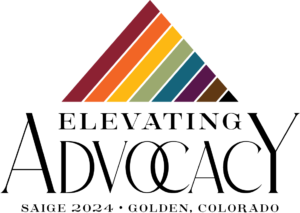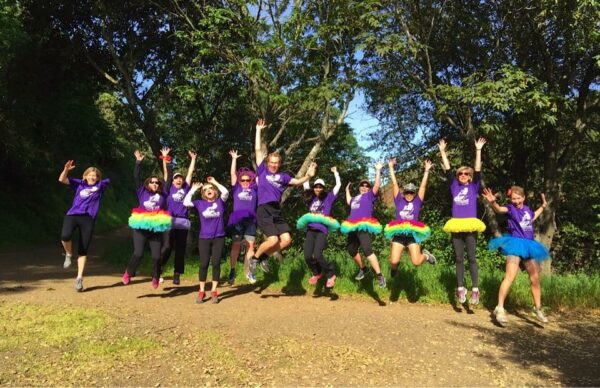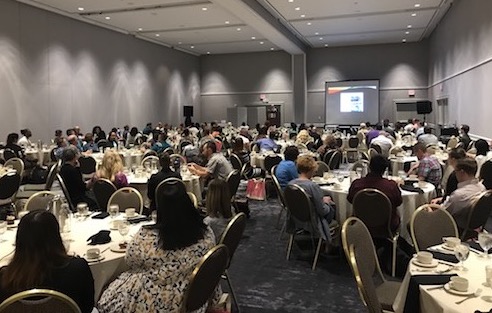SAIGE Conference
October 4th & 5th, 2024, Denver Marriott West, Golden, CO
Register now for our conference here
To read more about our conference, visit our Conference Page!

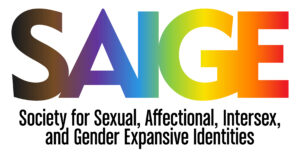
Our division of the American Counseling Association is a home for Queer and Trans Counselors, Ally Counselors, and Advocates to connect and grow. Our focus is on building competence for all mental health specialists so that all LGBTGEQIAP+ individuals can find a safe and affirming space to heal. We promote research and education that furthers the counseling field in working with LGBTGEQIAP+ people of intersecting identities. We mentor new professionals and emerging leaders in the field of counseling LGBTGEQIAP+ clients. We connect and work closely with ACA and other ACA divisions in order to promote multicultural competence and social justice. We advocate for LGBTGEQIAP+ clients in communities, mental health systems, and public policy.
LGBTGEQIAP+ Initialism
Learn about the initials that we use to describe the communities that we serve.
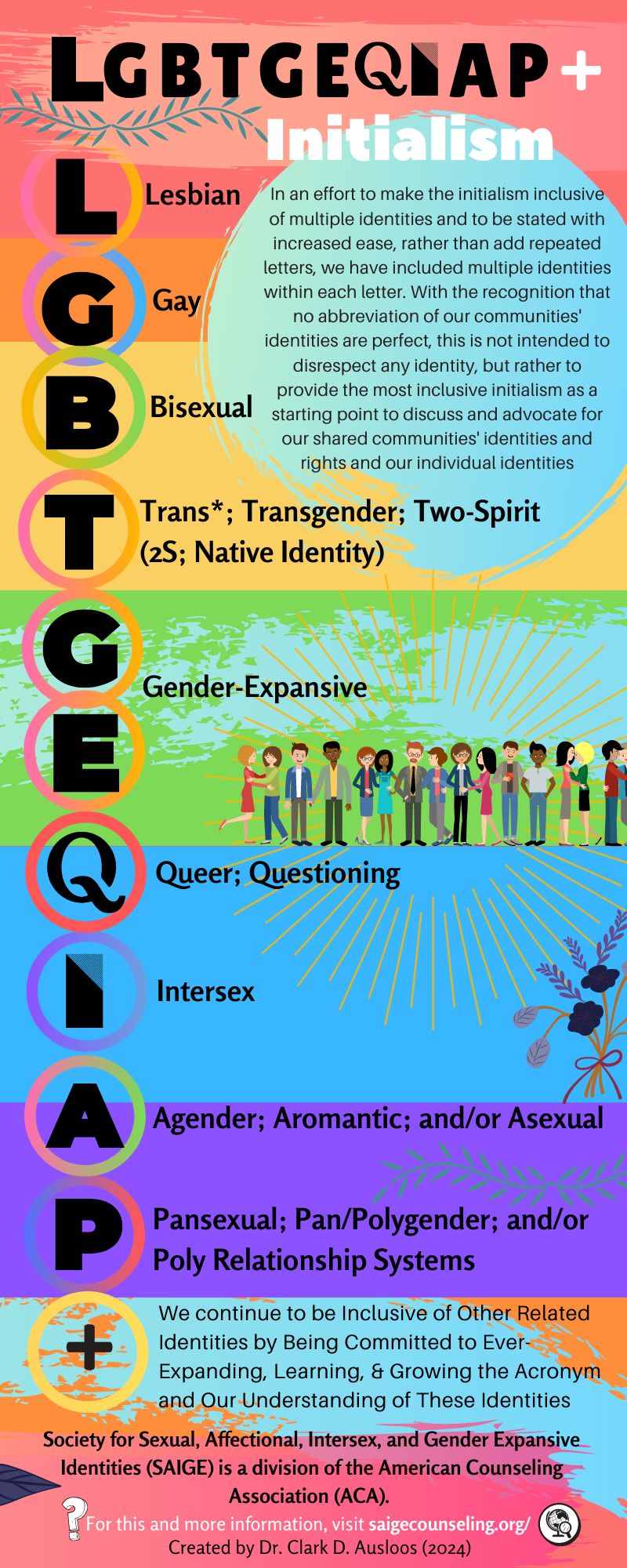
Become a Member
Become a Member of SAIGE to receive access to all resources in order to improve your competence with LGBTGEQIAP+ clients. Benefits include opportunities to network with other like-minded professionals, researchers, and pioneers in LGBTGEQIAP+ social justice and advocacy, reduced prices for educational webinars and biennual SAIGE conferences.
Become Competent
How do you work competently in counseling with Queer and Trans People? How do you incorporate intersecting identities, like ethnicity, religion, disability, socio-economic status, and immigration status?
Become Involved
Become an advocate and leader in the field of counseling LGBTGEQIAP+ clients by volunteering with SAIGE through service on our various committees, participating in events, or consider running for a place on the Board.

